The Corpus of Knowledge Includes:
- Collections: where we curated special collections
- Technologies: Content items filtered by technology types
- Industries: content items are divided into industries and sectors in the digital context.
- Cross-Industries: content items divided into different topics relevant to the various sectors and industries.
- Functions: content items dedicated to professionals or specific positions in an organization.
- Digital Culture: content items that add flavor and interest to the digital world.
- Library: recommended books and content items filtered by formats (videos, podcasts, etc.)
For leaders of thinking:
- Recommend new content: We invite you to share with us content that you find interesting and relevant, such as articles, news and insights, videos, presentations, etc.
- Share your original content: If you wrote an article or a guide, share it with us. We will upload to the site and share with the community members.
- Moderate a content field: Are you an expert in a certain field? Do you have extensive knowledge about a specific subject and you want to share it? You can lead a topic on our website and fill it with relevant content or lead a group. Send us a word if you’re interested.
Recommended New Items

Smart AI, Dumb Mistakes
Examining the paradox of powerful AI making simple mistakes—from counting letters in “strawberry” to mishandling spreadsheet math and contact info.
Leaders must shift from blindly trusting AI to critically verifying its outputs—always double-check.
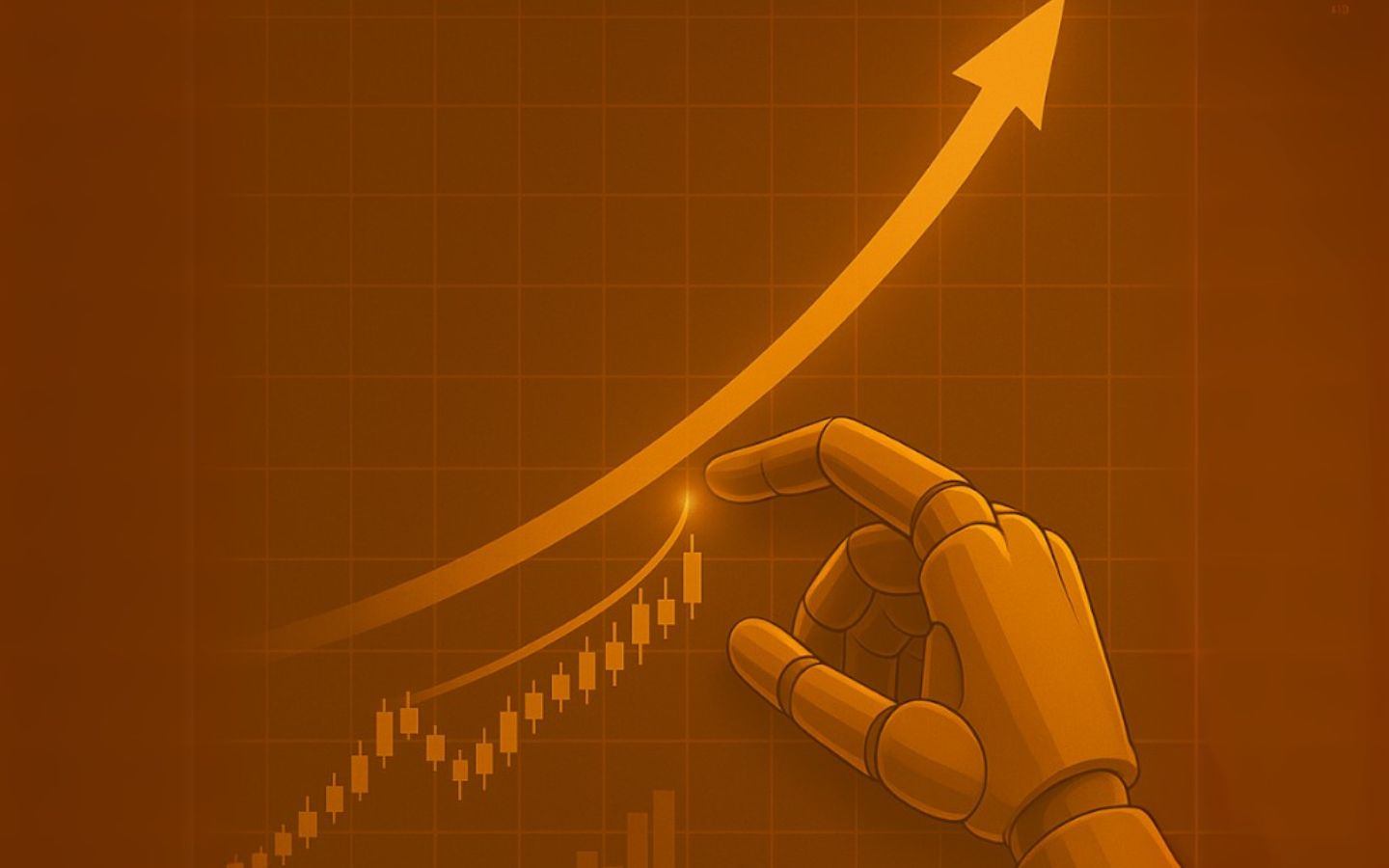
Deep Case Study / Guest Post: AI Transforms Investment Management
Discover how Michael Brock demonstrates how artificial intelligence is transforming investment management by improving analysis and helping portfolio managers navigate the markets more effectively.

Celebrate 50 years of Microsoft
Bill Gates reflects on Microsoft’s first code—Altair BASIC—calling it the “coolest” he ever wrote. Created in 1975 with Paul Allen, it launched Microsoft’s journey and marked the start of decades of innovation.
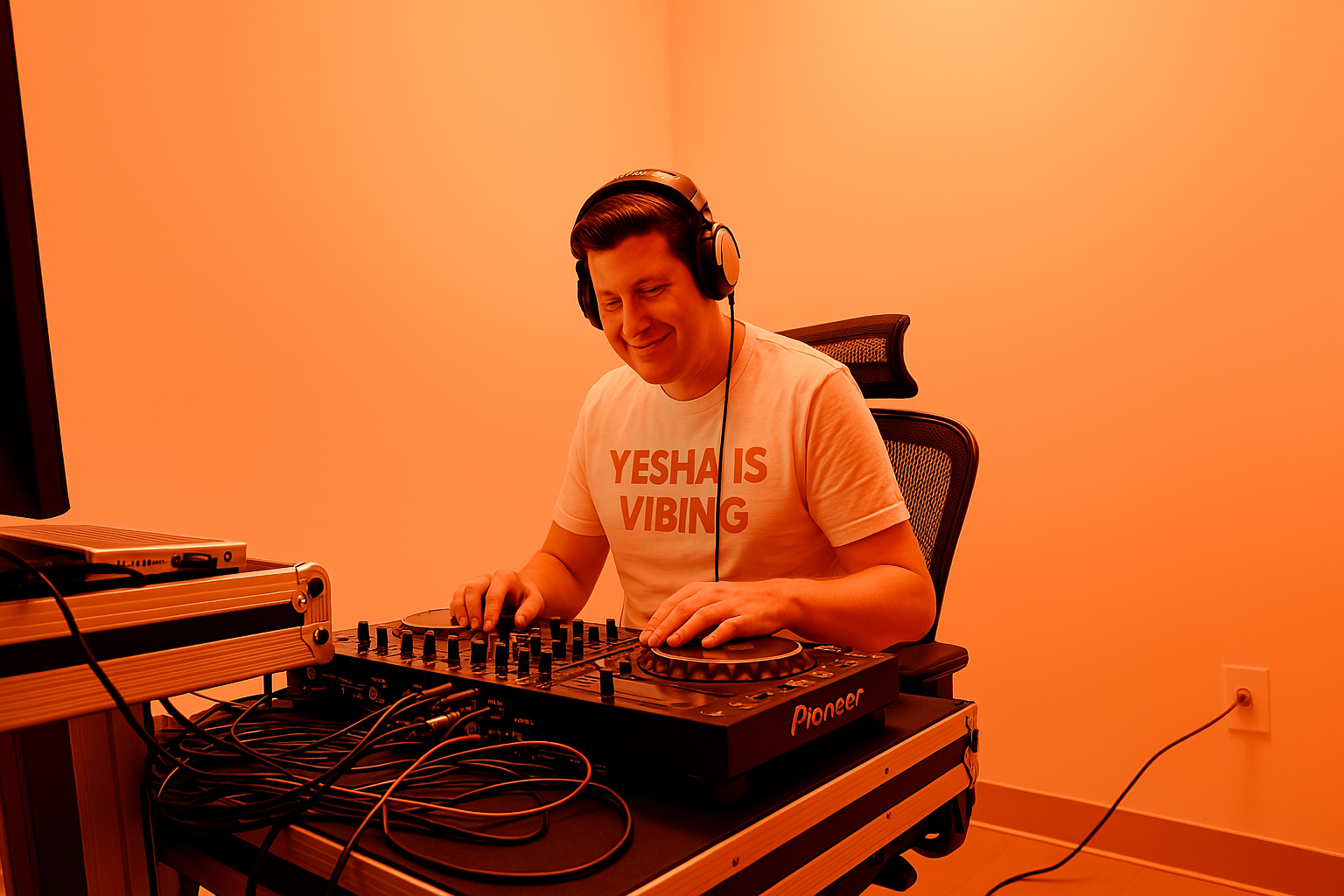
AI + Human Work = “Vibing”
Vibing with AI is not just about creativity; it’s about being in the zone where ideas flow effortlessly. From generating images and writing to brainstorming and coding, AI empowers us to explore, refine, and innovate at lightning speed. But remember, vibing requires balance🎧⚡
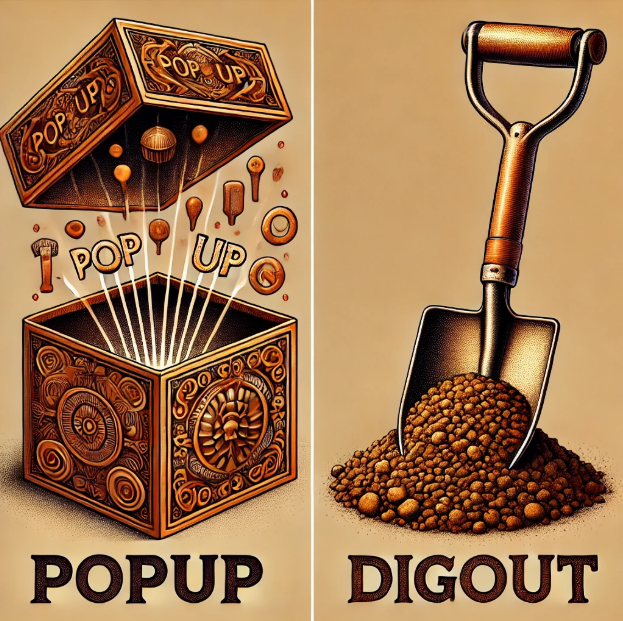
AI Is Redefining Popup & Digout Thinking
AI redefines human thinking by transforming Popup Knowledge (instant recall) and Digout Knowledge (effortful retrieval). With AI-driven summaries, predictive insights, and dynamic tools, complex information becomes instantly accessible. Leaders must embrace this shift, fostering adaptability and innovation to stay ahead.
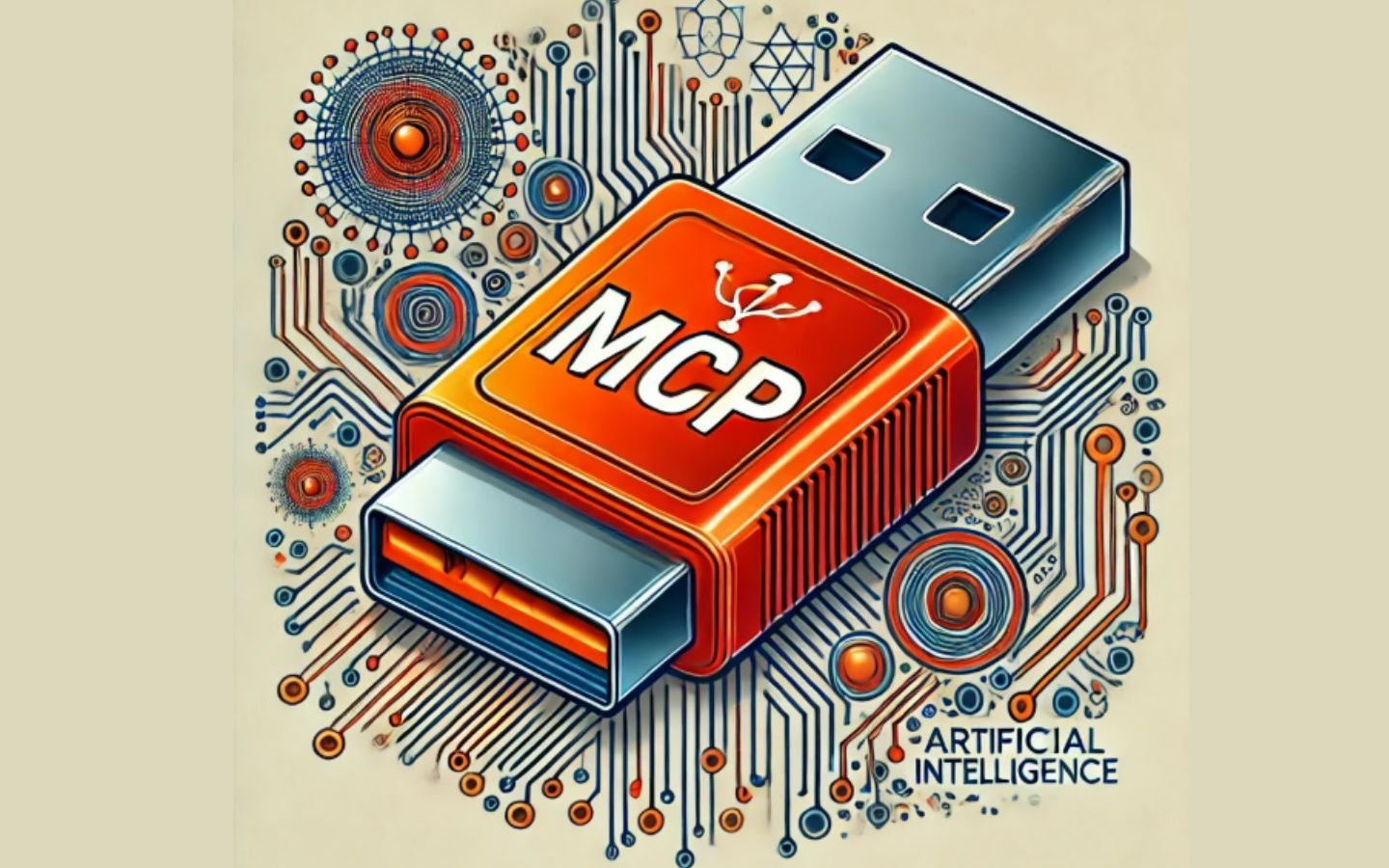
Discover MCP — The USB of AI Agents
Did you know that MCP (Model Context Protocol) is an open standard by Anthropic that connects AI assistants to various tools and data sources without custom integrations. Similar to USB-C for devices, MCP simplifies AI deployment, enhances scalability, and improves efficiency, making AI smarter and more adaptable.

Handle the Magical Broom — Redefining Human-Led AI Research
Handling the Magical Broom — Redefining Human-Led AI Research. Beyond academia, research now shapes both work and life. As we move from searching to structured inquiry, AI will transform knowledge exploration.

Farewell Skype: Microsoft Sets May 2025 Retirement
Microsoft will retire Skype on May 5, 2025, encouraging users to switch to Microsoft Teams. Skype users can log into Teams with their existing credentials, and chats/contacts will transfer automatically. The move reflects a shift toward modern, integrated communication via Teams, as Skype has seen declining usage in recent years.
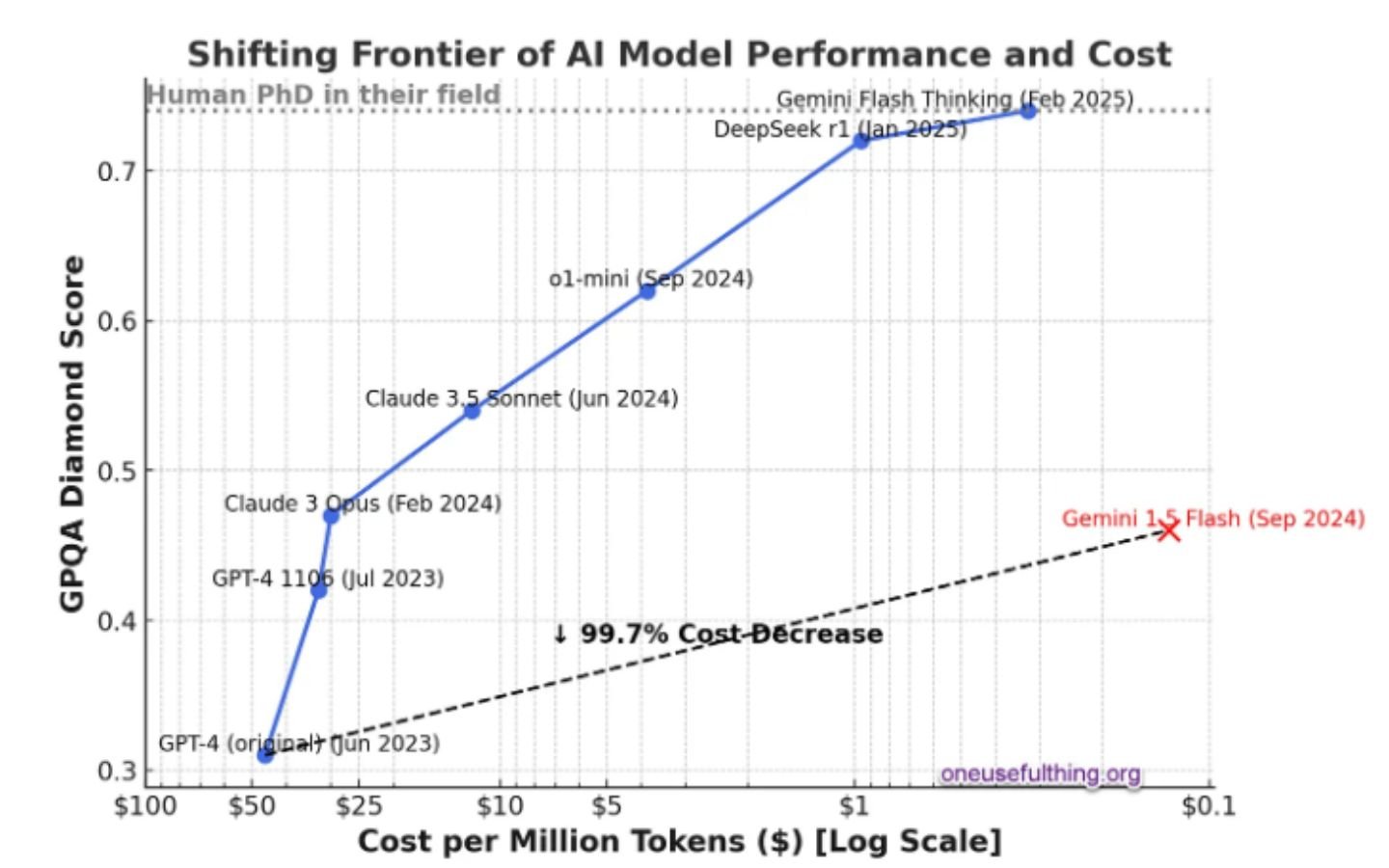
The AI Cost Drop — What Leaders Must Know💰
The AI Cost Drop — What Leaders Must Know 💰.
AI is becoming more affordable, but do leaders realize lower costs don’t mean lower stakes? Discover how to maximize ROI, stay competitive, and leverage AI’s evolving economics for real business impact.
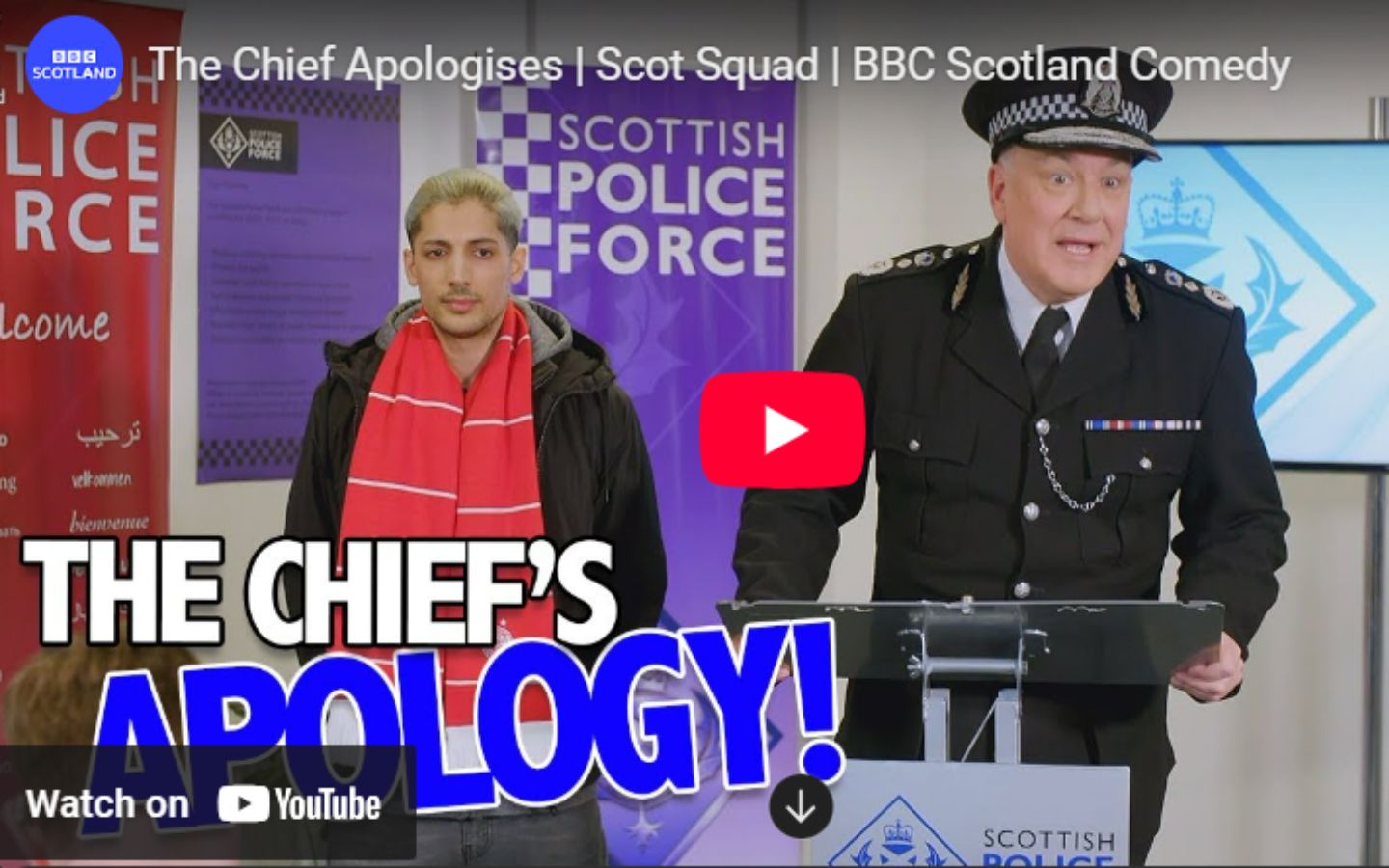
The Chief Apologises | Scot Squad | BBC Scotland Comedy
In the “Scot Squad” comedy sketch titled “The Chief Apologises,” Chief Commissioner Cameron Miekelson attempts to issue a public apology without offending anyone

CEO Guide – Five Steps for AI Use
Source: MindLi Motivation: AI is Here and Now The AI age is here—CEOs of every firm, in every industry or

Five Tips for Dealing With the Risk of Cognitive Offloading
Relying too much on digital tools can weaken memory and critical thinking. Discover smart ways to stay sharp while using tech wisely. Keep your mind active 🚀
